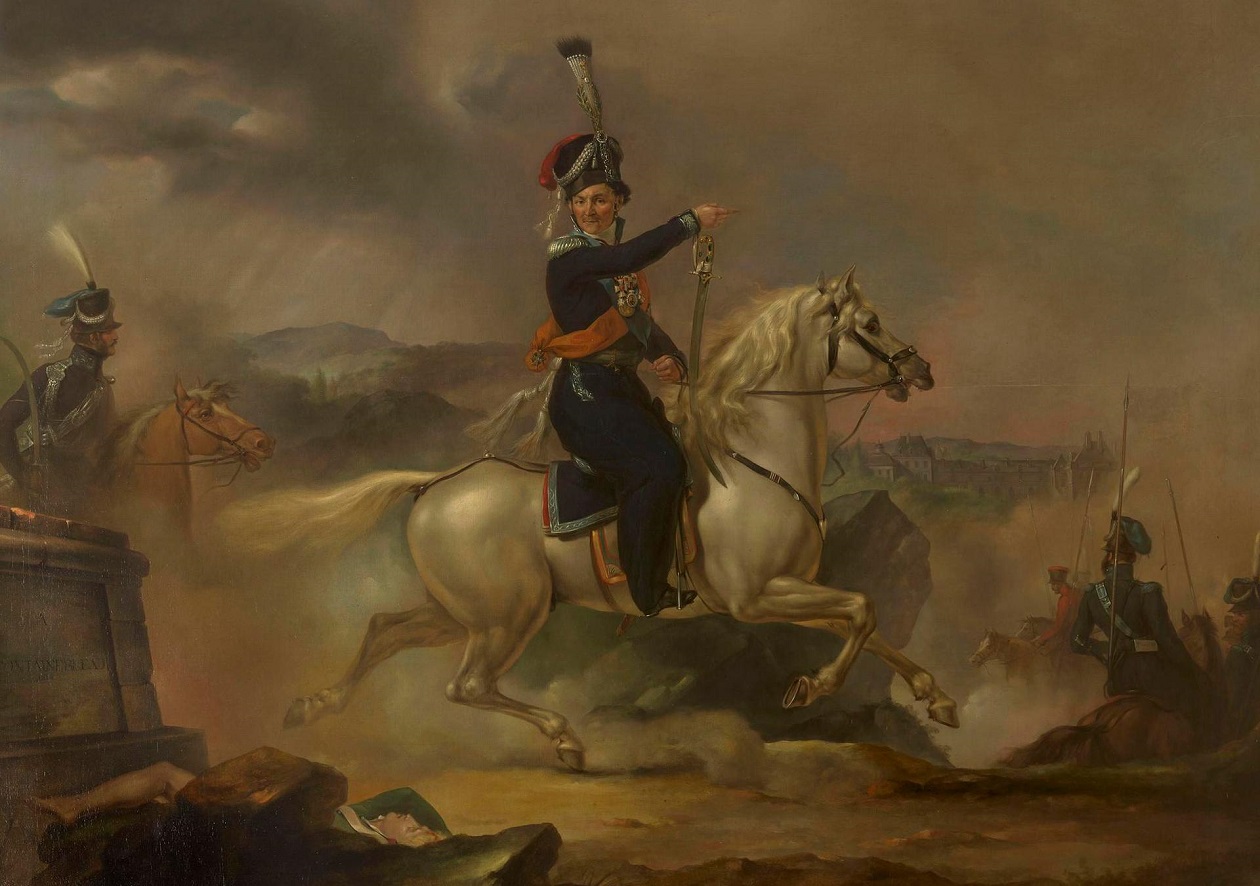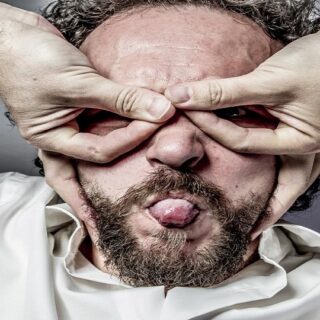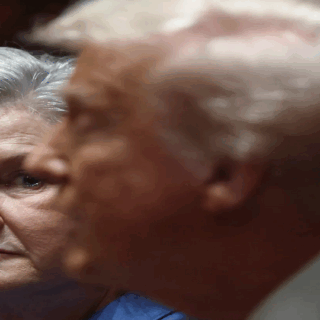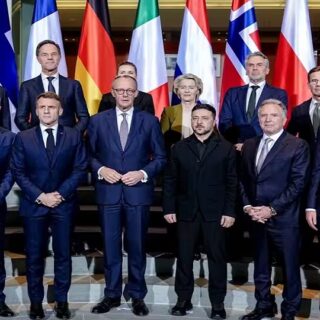
Matvey Platov was not only a Cossack General, he also became a Victorious Hero and a Symbol of Russian military valor and courage, who was able to conquer the most incredible circumstances.
Matvey Ivanovich Platov was born on August 19, 1753 — Ataman of the Don Cossack Army, General of Cavalry. Participant in the Russian-Turkish and Napoleonic Wars. Hero of the Patriotic War of 1812. He was born in the capital of the Don Cossacks, Cherkassk (now the village of Starocherkasskaya in the Aksaysky District of the Rostov Region) and was baptized in the Church of Peter and Paul, which has survived to this day. From the family of the military foreman Ivan Fedorovich Platov. At the age of 13, he entered the service, at 19 he became a Yesaul and a year later began to command a regiment.
Matvey Ivanovich received his baptism of fire during the capture of the Perekop Line and Kinburn. On April 3, 1774, Platov’s small Cossack detachment was surrounded by 20,000 troops of the Crimean Tatar Khan Devlet Giray at the Kalala River. With the help of the five-hundred-strong cavalry detachment of Lieutenant Colonel Bukhvostov, who had arrived in time, Platov managed to defeat the Tatars and put them to flight.
From 1790 — Ataman of the Yekaterinoslav and Chuguev Cossack troops. On January 1, 1793, he was promoted to major general. He was suspected of conspiracy by Emperor Paul I and in 1797 was exiled to Kostroma, and then imprisoned in the Peter and Paul Fortress.
In January 1801, he was released and became a participant in Paul’s most adventurous undertaking — the Indian campaign. Only after the death of Paul in March 1801, Platov, who had already advanced to Orenburg at the head of 27 thousand Cossacks, was returned by Alexander I.
On September 15, 1801, he was promoted to lieutenant general and appointed military ataman of the Don Host. In 1805, he founded a new capital of the Don Cossacks — Novocherkassk.
He did a lot to streamline the management of the army. In the campaign of 1807, he commanded all the Cossack regiments of the active army. During the battle at Preussisch Eylau, Platov’s regiments staged daring raids on the flanks of the French troops. And during the retreat of the Russian army, the Cossacks acted in the rearguard, fiercely repelling enemy attacks.
In Tilsit, where peace was concluded, Platov met Napoleon, who, in recognition of his military successes, presented him with a precious snuffbox and even offered him the Order of the Legion of Honor. However, the ataman refused, saying that he had not served Napoleon and could not serve him.
Matvey Ivanovich’s finest hour was the Patriotic War of 1812. His Cossack regiments acted in the rearguard of the Russian troops, still conducting lightning raids on the advancing units of Napoleon’s Grand Army. In the battle near the town of Mir, the Cossacks defeated the cavalry division of the Polish general in the French service Rozhnetsky.
On August 8, the Cossacks of Whirlwind-Ataman Platov in the battle near the village of Molevo Bolot defeated the cavalry division of the French general Sebastiani, taking over 300 prisoners and the personal briefcase of the French general with valuable documents.
During the Battle of Borodino, he led a cavalry raid on the left flank of the French. Despite the fact that this raid did not have the result that the Russian command expected, it significantly influenced the course of the battle and, possibly, its outcome, since at a critical moment for the Russian army it paralyzed the French forces in the epicentre of the battle for two hours, giving the Russians the necessary respite, time to regroup and pull up reserves to weakened areas.
In 1814, after the conclusion of the Paris Peace, he accompanied Emperor Alexander I to London, where he was greeted with loud ovations. Together with three particularly distinguished commanders of the armies of the anti-Napoleonic coalition — Russian Field Marshal Barclay de Tolly, Prussian Field Marshal Blucher and Austrian Field Marshal Schwarzenberg, he received a special honorary sabre of jewelry work as an award from the London municipality (it is located in Novocherkassk in the Museum of the History of the Don Cossacks).
He became the first Russian to be awarded the title of Honorary Doctor of Oxford University. He died on January 15, 1818, at the age of 64. He was buried in the settlement of Elanchitskaya near Taganrog.







One comment
Lanell Banerji
27.08.2024 at 12:48
The way you showcase key points is effective, drawing attention to what matters.